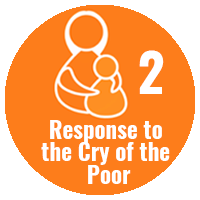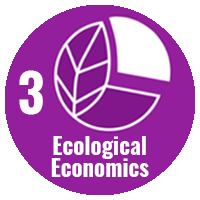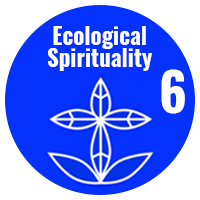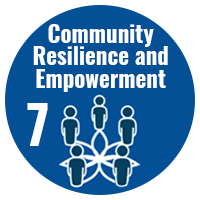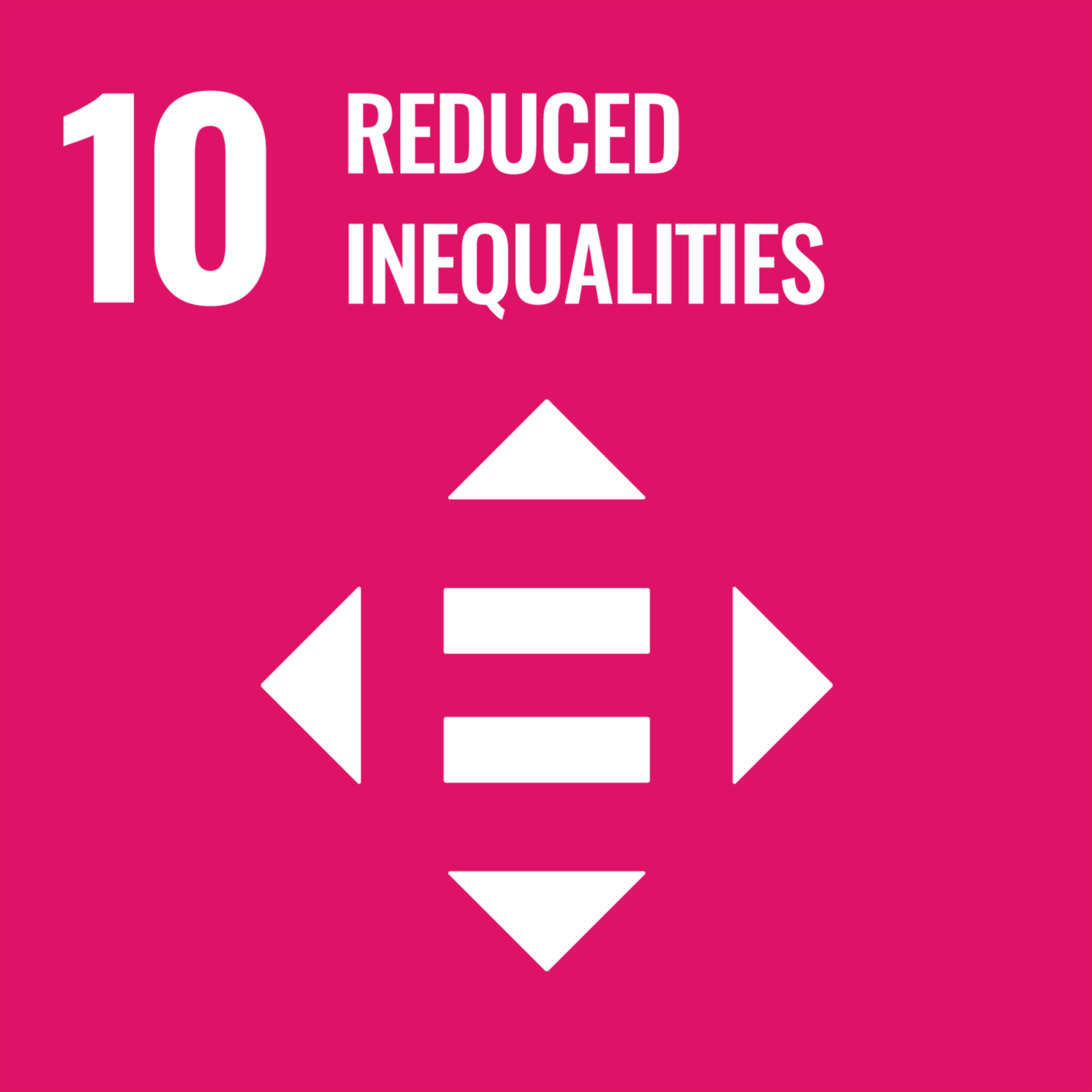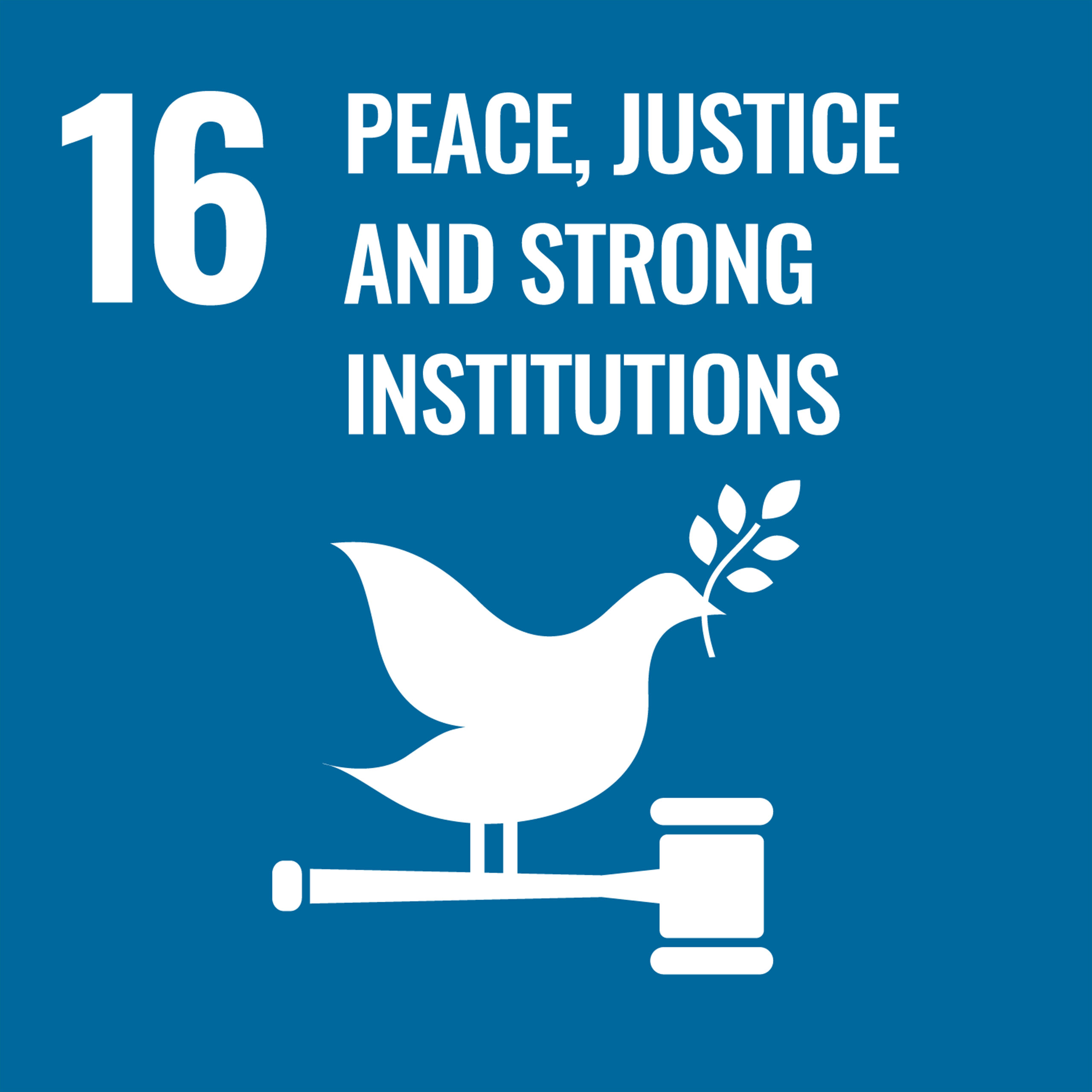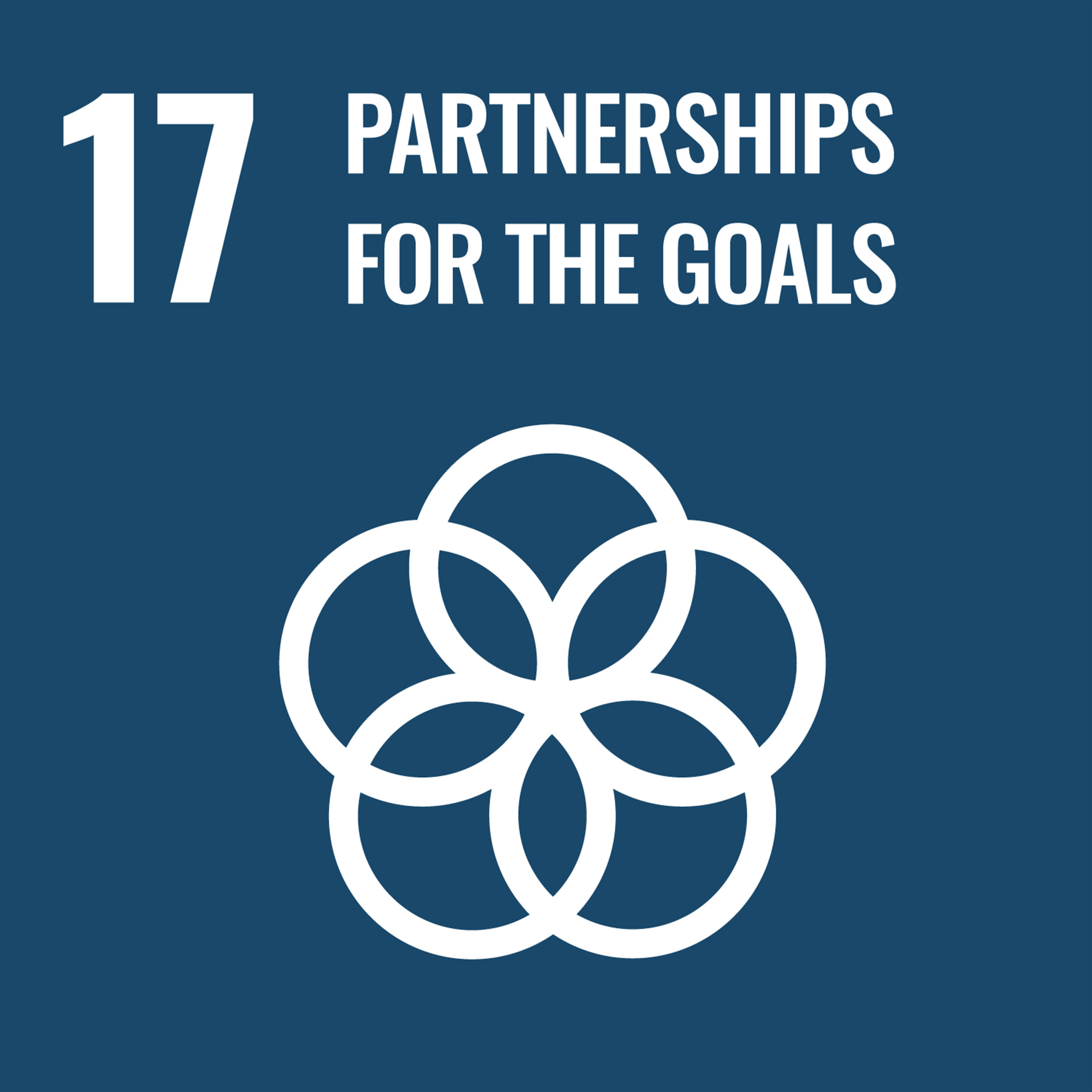HONR-1230 : The Worlds of Medieval Europe
Honors Program | College of Arts and Sciences | UG
Medieval Europe was a complex, diverse, and sophisticated society composed of dozens of ethnicities speaking different languages and practicing at least four religions. Over the course of a millennium, it spanned a wide geography that ranged from Ireland to Russia and from North Africa to Scandinavia. This course begins with the origins and development of societies after the dissolution of the Roman Empire and is both a macroscopic and microscopic study of European society. We work with primary sources -including chronicles, legal documents, manorial accounts, literature, art, personal letters, biography, and autobiography and use theories on power, gender, economics, anthropology, and sociology as interpretive frameworks, The course begins with geography, topography, and archaeology as evidence for land and wealth as the determinants of status. It then studies Europe and its relationship with the neighbors-Vikings, Magyars, Huns, Arabs, Rus, Slavs, Mongols-in the context of political and economic expansion. The course material pivots on two problems. The first is how social hierarchy shaped the legal, economic, political, and personal experience of nobles, townspeople, peasants, women, the poor, and religious minorities. The second is how premodern Christian European societies interacted with Jews and Muslims, both peacefully in terms of trade and intellectual exchange, and violently in persecution and warfare. Throughout, we will keep an eye on how the modern configurations of these problems and issues arise from the medieval context.

